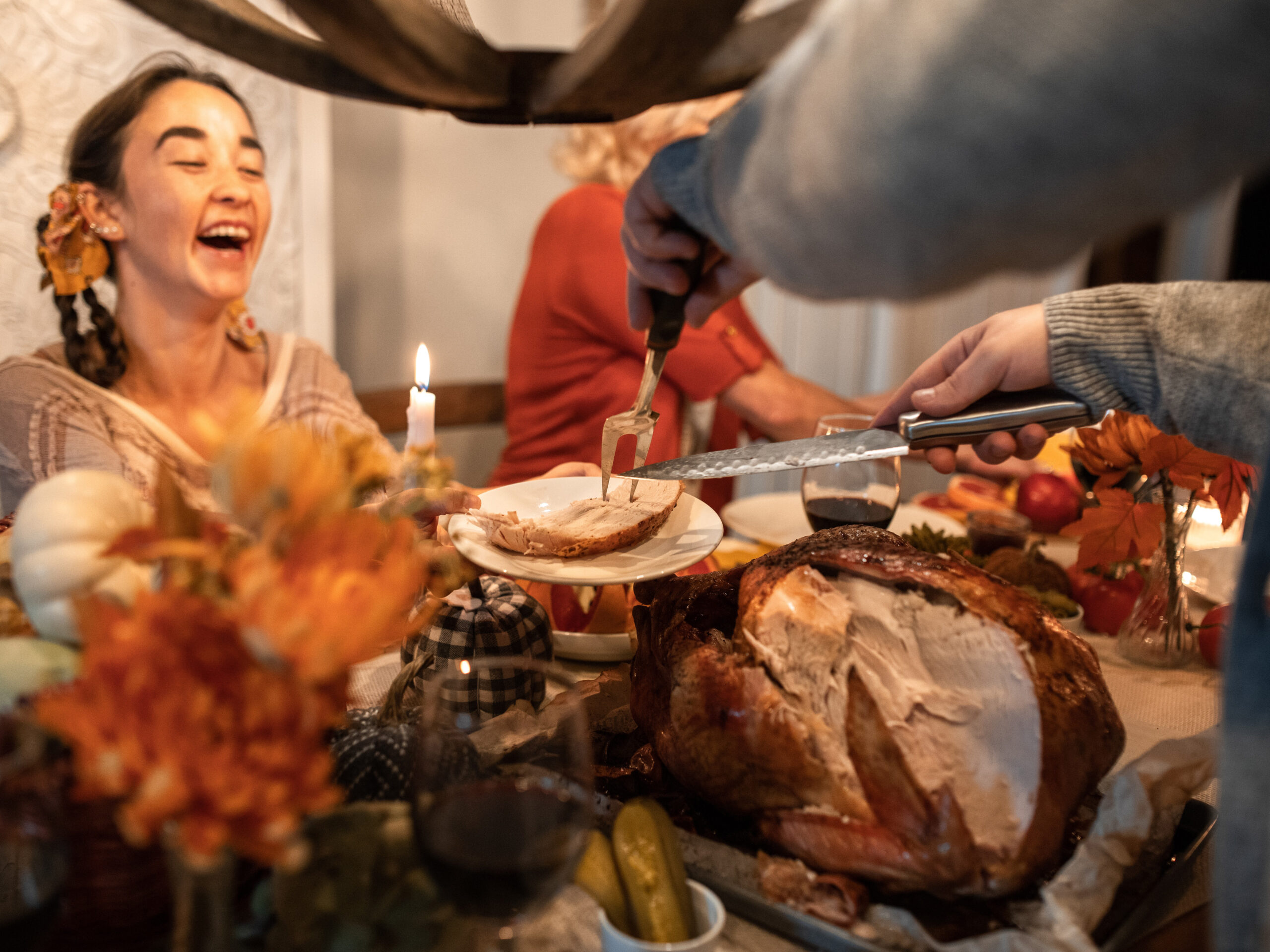
A poll in September found that nearly 20% of Americans are still unvaccinated and do not plan to be vaccinated. This percentage is concerning for a number of reasons, primarily with the increased chance of infection for unvaccinated individuals. Furthermore, unvaccinated people are ten times more likely to be hospitalized due to COVID-19. These numbers are nothing to scoff at, especially as the holiday season is coming up. For the safety of everyone, families should not feel guilty about refusing to host unvaccinated friends and family. Indeed, it would be unwise to host unvaccinated individuals at large gatherings.
Large family gatherings with unvaccinated members should be out of the question. Holiday celebrations bring together multiple households, which offers the potential for the virus to spread faster and therefore endanger more people. For families hosting smaller gatherings with unvaccinated individuals, the hosts must take precautions such as hosting outside, wearing masks and keeping celebrations under two hours to limit the chance of exposure. Additionally, utilizing rapid antigen testing for guests immediately before they enter has been proposed in order to prevent infection. However, these tests are frequently unavailable and might be out of a family’s price range at around $24 each. It should be noted that these steps do not guarantee safety and are not a perfect solution. With COVID-19, there are always risks involved when it comes to social activities. Research indicates that vaccine effectiveness without a booster against infection is decreasing, though they still decrease the possibility of hospitalization. Altogether, precautions need to be taken no matter what, and requiring vaccinations for guests is the safest and smartest option in preventing dangerous complications of COVID-19.
It’s been almost two years since the world was upended by COVID-19, and the celebrations and opportunities it has stolen from families has been difficult. The time has finally come for more large in-person gatherings of vaccinated individuals. For those who still wish to spend Thanksgiving with unvaccinated family, they will need to consider utilizing Zoom or other online communication platforms to host virtual gatherings. Conversely, when precautions are taken and all guests are vaccinated, larger events may be acceptable. In order for these celebrations to happen, the best thing to do is to require vaccines for all those not medically exempt. If one chooses to remain unvaccinated, then they will have to live with being barred from in-person socializing for their own safety.
It is a struggle to set these boundaries with loved ones, but it is necessary. Hopefully, unvaccinated individuals can understand that this exclusion is not because their family members don’t love them or wish to shut them out, but because they want their loved ones to be around for next Thanksgiving.







